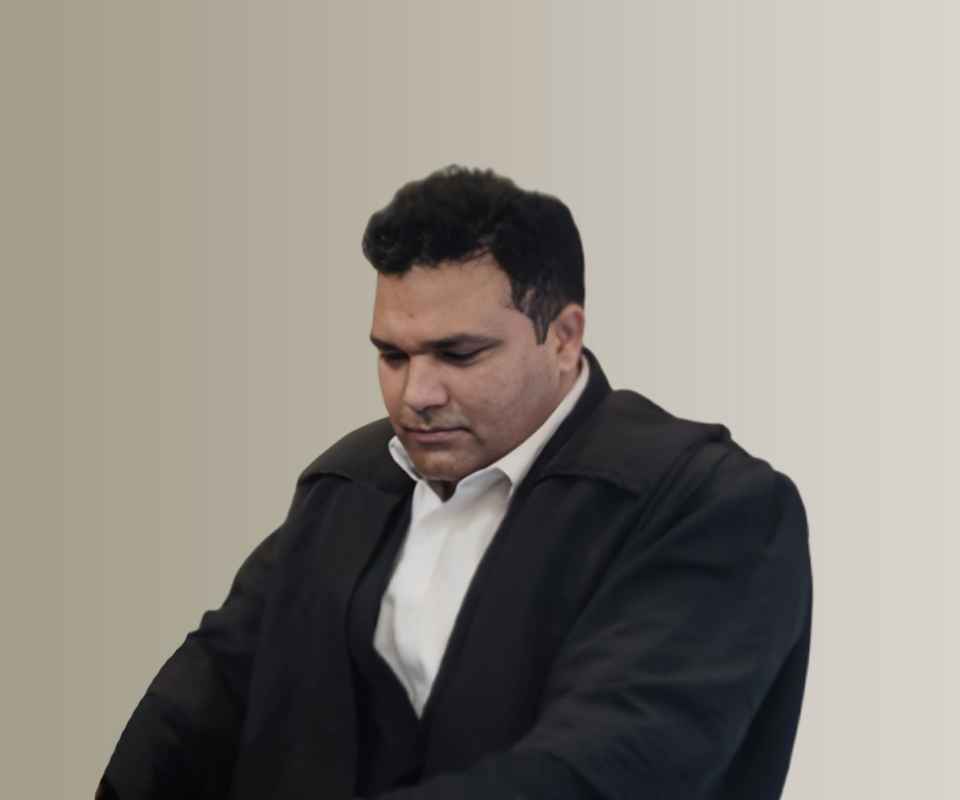Answer By law4u team
Dual employment restrictions refer to policies or regulations that limit an individual’s ability to hold two or more jobs simultaneously. After being discharged from military service, individuals may be subject to certain restrictions regarding secondary employment, especially if they are transitioning into a role that could pose a conflict of interest or interfere with their previous service obligations. These restrictions are designed to prevent situations where the individual’s dual roles may compromise national security, create conflicts of interest, or interfere with their professional duties.
Key Aspects of Dual Employment Restrictions After Discharge
Government Employment Restrictions:
For individuals discharged from government or military service, there are often legal provisions that restrict holding another government or sensitive role, particularly when it could lead to a conflict of interest. These restrictions are more commonly applied in positions where the individual could have access to sensitive or classified information.
Conflict of Interest:
If a discharged military personnel takes a civilian role that has ties to military contractors, national security, or defense, they may face restrictions to avoid potential conflicts of interest. For example, someone who worked in military intelligence may be prohibited from working for a private defense company that works with the government.
Restrictions in Government-Contracted Positions:
In cases where a discharged individual seeks employment with a defense contractor or any private sector company that works closely with the military, they might face restrictions regarding the type of roles they can undertake. Certain positions may require disclosure of prior military roles, and some roles may be restricted if they are deemed to overlap with former military responsibilities or access to classified materials.
Post-Discharge Employment in Sensitive Sectors:
Even after discharge, former military personnel may be restricted from working in positions that require a security clearance or roles that involve military or intelligence-related work. These restrictions are put in place to safeguard against any potential leaks of classified information or misuse of privileged knowledge gained during military service.
Employment With Foreign Governments or Entities:
Another common dual employment restriction involves working with foreign governments or companies. Discharged personnel may face limitations if their new job could result in them working for a foreign entity that could have an interest in sensitive national security information or defense strategies. In many countries, this kind of employment is heavily scrutinized due to concerns over espionage and national security.
Duration of Restrictions:
The length of time these dual employment restrictions last depends on the type of discharge, the individual’s former role in the military, and the sensitivity of the information they were exposed to during service. Non-disclosure agreements (NDAs) and post-service cooling-off periods may apply, meaning individuals may have to wait for a specified period before taking on certain roles.
Benefits of Dual Employment Restrictions After Discharge
Protection of National Security:
The primary purpose of these restrictions is to protect national security and ensure that no sensitive information from military service is shared or misused. This prevents potential breaches of security that could arise if former service members work in sectors that deal with classified material.
Preventing Conflicts of Interest:
Dual employment restrictions help avoid situations where a discharged person might have a vested interest in decisions made by their current employer that could directly conflict with national defense or security objectives. This ensures the integrity of the military and government service.
Clear Professional Boundaries:
By limiting dual employment, these restrictions also ensure that discharged individuals do not face undue pressure or conflicts when transitioning to civilian careers. They can focus on roles that do not interfere with their prior service and align with the ethical expectations of their new profession.
Exceptions and Flexibility in Dual Employment Restrictions
Civilian Government Roles:
Some former military personnel may be eligible for post-discharge civilian government employment with exceptions to dual employment restrictions, particularly in administrative or non-sensitive positions. For example, individuals who served in non-sensitive roles may find it easier to transition to civilian government jobs without restrictions.
Self-Employment or Private Sector Roles:
If there is no direct conflict with national security or government interests, discharged individuals are typically free to pursue self-employment or work for private companies that are not linked to defense or military-related industries. However, they still need to ensure that their work does not compromise any agreements or contracts made during their military service.
Consulting Roles:
Some discharged personnel may be allowed to work in consulting roles for defense contractors or government entities, provided they do not have access to sensitive information or classified materials. In such cases, the individual may be required to undergo background checks or sign confidentiality agreements to ensure compliance with security regulations.
Example
A discharged military officer who previously worked in military intelligence is looking to join a private defense contractor after their discharge. However, due to dual employment restrictions:
- The individual may be prohibited from taking a role that involves direct access to classified government information or working on projects related to national security for a specified period.
- They could still take up a role in the private sector but may have to avoid any projects or contracts that overlap with their prior service duties.
- If the officer wants to work for a foreign government or foreign defense contractor, they may face additional restrictions and need to obtain clearance or undergo further scrutiny.
Conclusion
Dual employment restrictions after discharge are designed to safeguard national security, prevent conflicts of interest, and maintain the integrity of military service. While discharged individuals are free to pursue civilian employment, they must navigate specific rules and regulations that apply to working in sensitive sectors or roles. These restrictions vary depending on the nature of the military service, the type of discharge, and the type of employment being sought.







